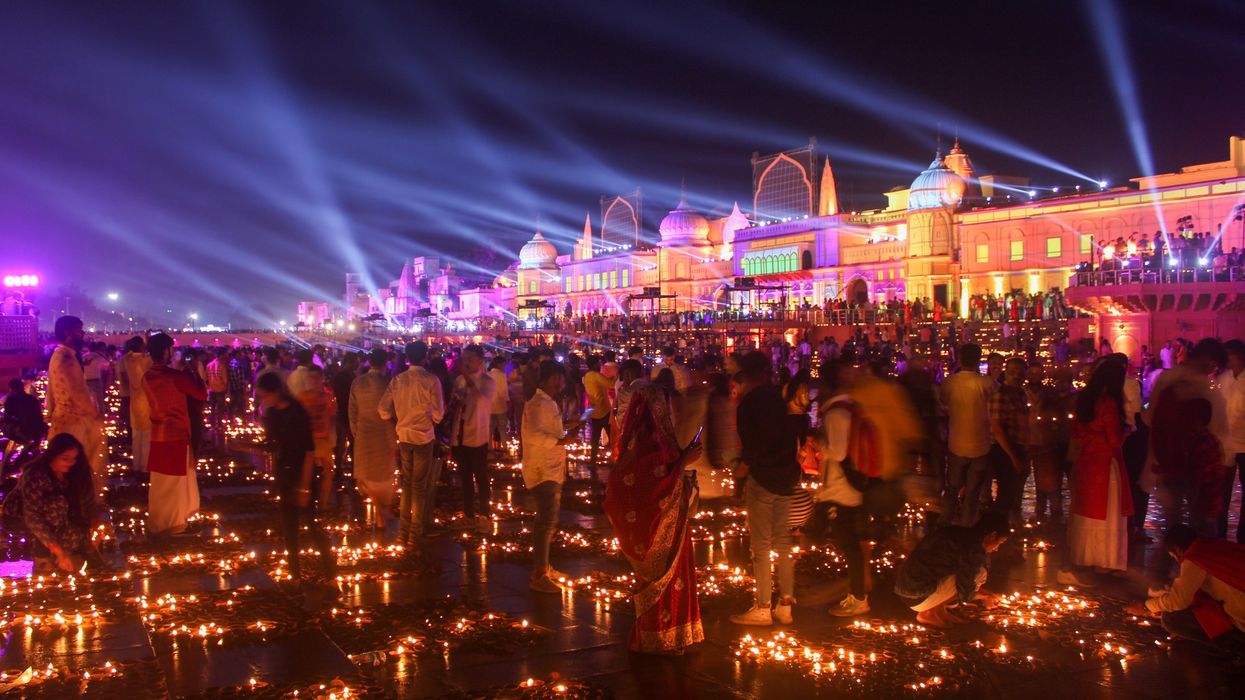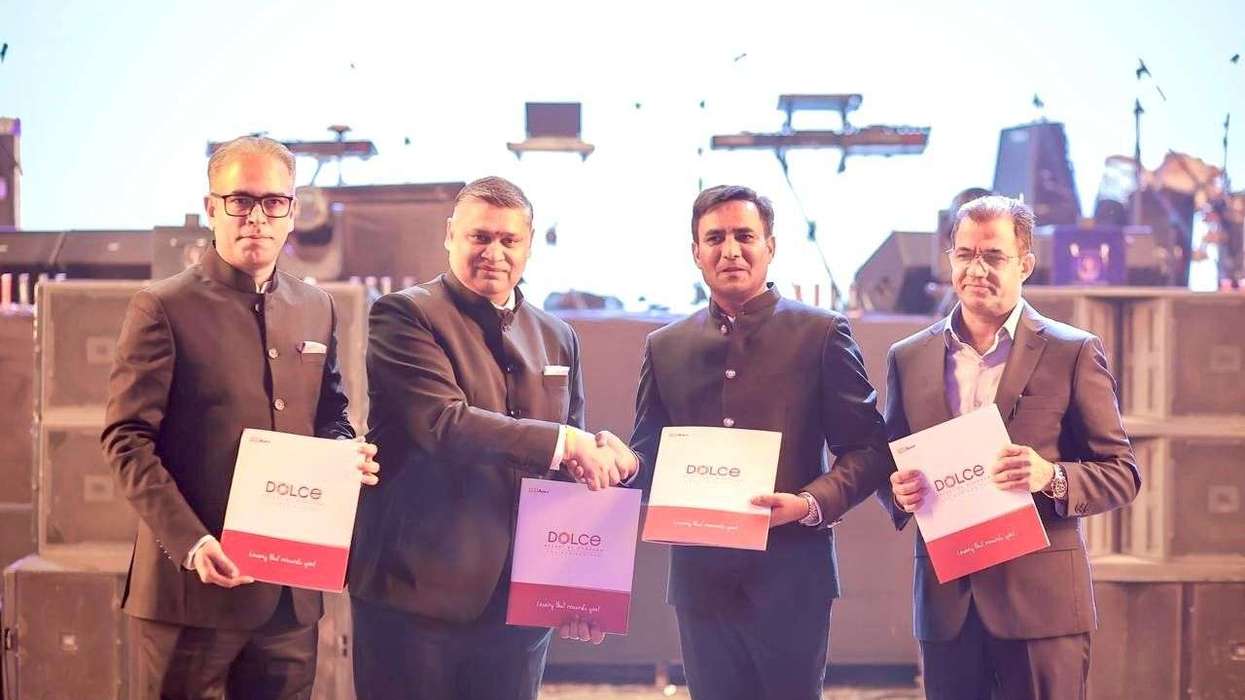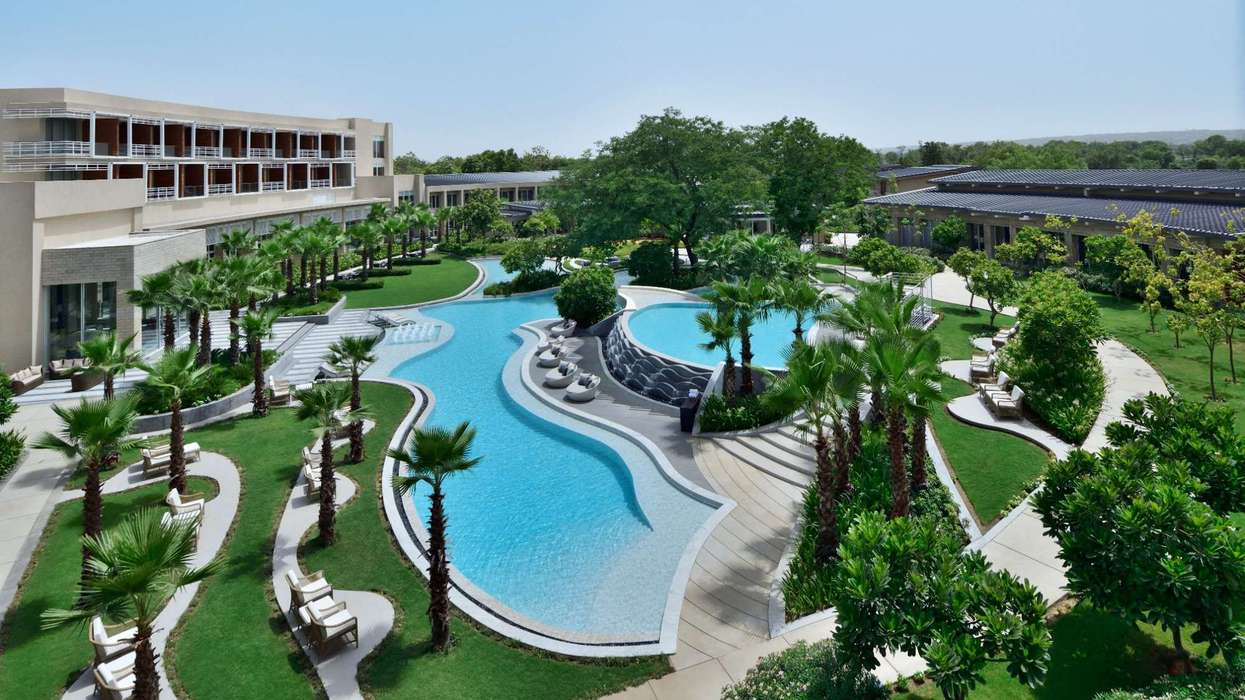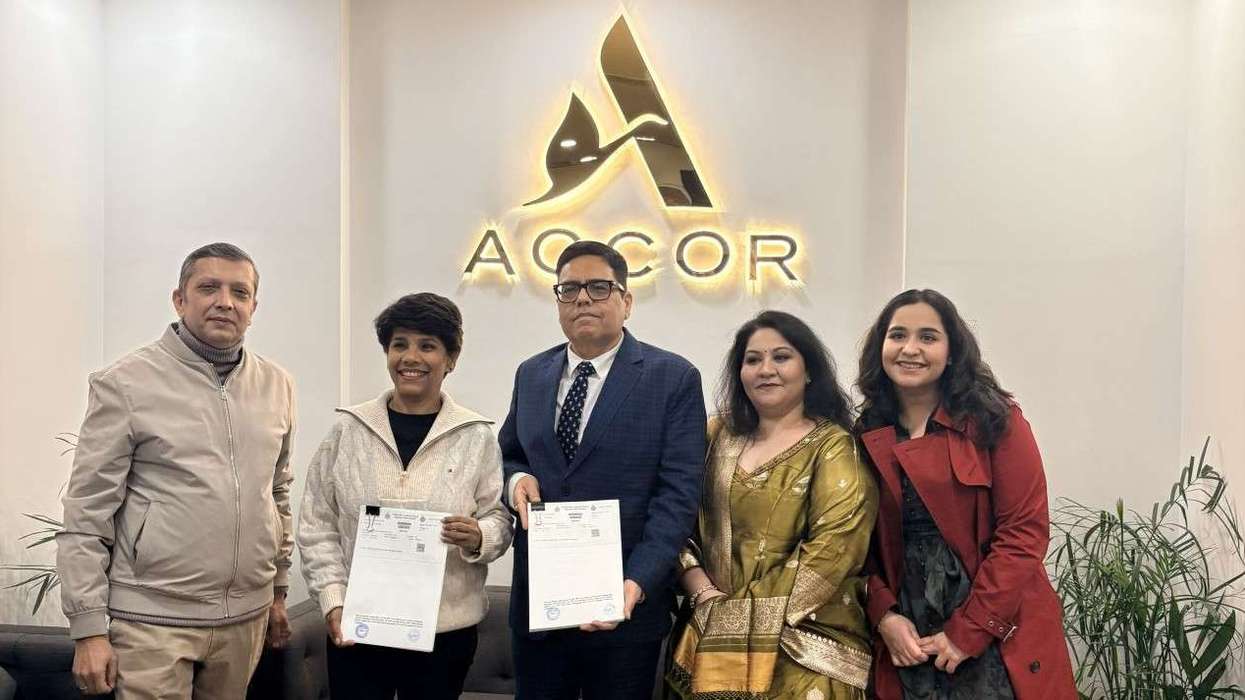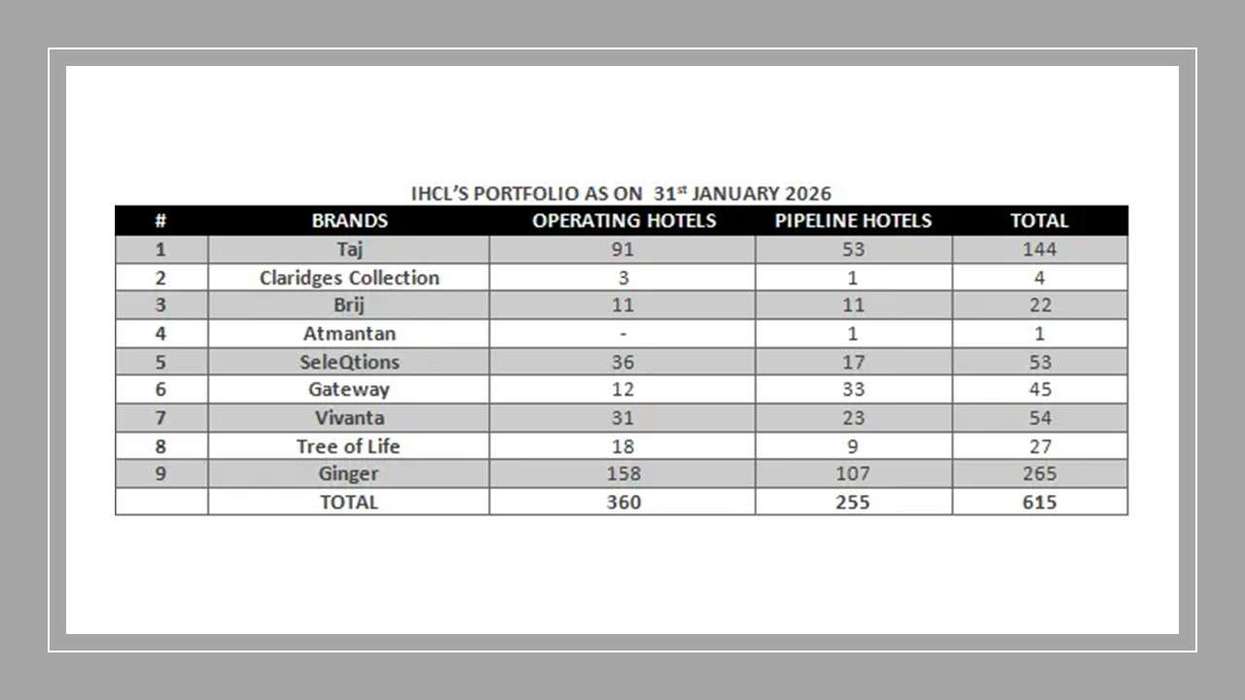The Indian state of Uttar Pradesh eyes investments of more than $3.9 billion (Rs 32,000 crore) in the hospitality and tourism sector, according to a report published in Business Standard. The investment could create an additional 80,000 accommodation units through hotels and resorts, addressing the room availability deficit.
Religious tourism surged post the consecration of the Lord Ram temple in Ayodhya on Jan. 22. Uttar Pradesh anticipates an annual tourist footfall of 850 million by 2028, emphasizing the expansion of hospitality units in tourism hubs like Varanasi, Ayodhya, Prayagraj, and Agra, Business Standard daily reported.
“To cater to this increasing demand, the state is looking to create a robust supply of accommodation units with the development of hotels, resorts, and homestays,” a government official was quoted as saying in the report.
Heritage properties like forts and palaces are being offered to the private sector for development, the business daily said. The state is encouraging homeowners to enlist their properties for homestays, while the owners of heritage properties are being invited to convert their precincts as heritage hotels for discerning tourists.
Uttar Pradesh tourism and culture minister Jaiveer Singh said that the state offers subsidies under the Tourism Policy 2022 for establishing distinctive countryside farm stays.
"Selected villages are transformed into rural tourism centers under this initiative," Singh said.
The state focuses on diversifying tourism experiences by developing adventure tourism, MICE (meetings, incentives, conferences and exhibitions), wellness, and ecotourism offerings, the media report said. In fact, about 500 tourism and related infra projects have already been launched in Ayodhya, Varanasi, Vrindavan, Prayagraj, Kushinagar, and Mirzapur pertaining to hotels, resorts, guest houses, and infra development.
Global hospitality chains BWH Hotels and Hyatt Hotels Corp. are expanding in India. BWH's New Delhi franchisee, Sorrel Hospitality, aims for 51 hotels in Sri Lanka, Bangladesh, and India by 2024. Hyatt plans to expand its brands in India and Southwest Asia with eight new hotels in 2024, focusing on Hyatt Regency, Hyatt Place, and Hyatt Centric.
